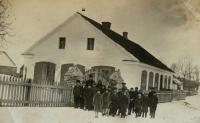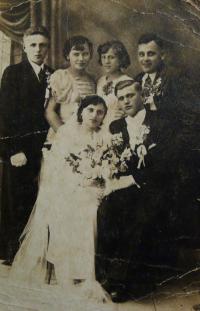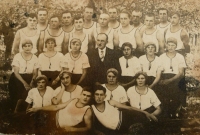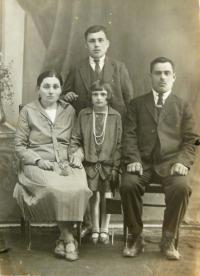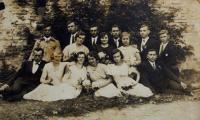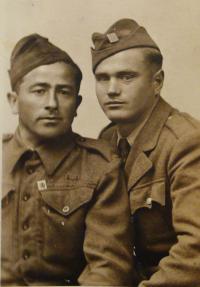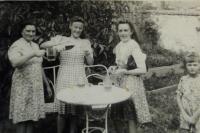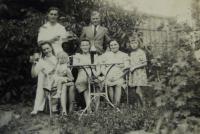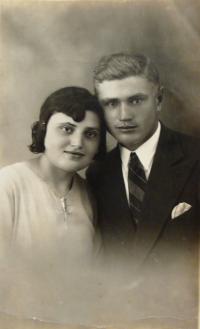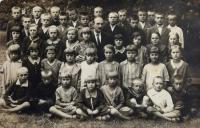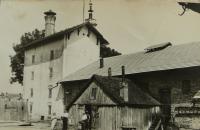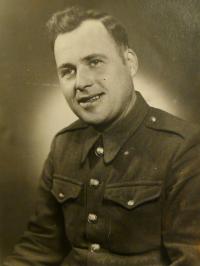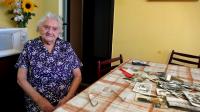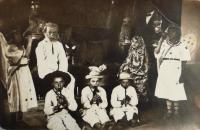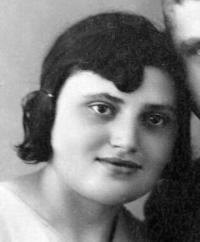I am grateful that I could live a valuable life, that I had a great husband and well behaved kids who cherish me up to this day

Download image
Mrs. Anna Derflerova was born on July 19th 1920 in Semiduby village in the Volhynia region. She lived along with her parents in a local brewery where her dad, Mr. Roman Hradinsky was employed. Her mom’s name was Ludwiga Hradinska, (maiden name Jankowska). According to information given by other witnesses, both of her parents were born in Poland. This later influenced their lives, when in 1943 they became victims of a stabbing attack by Ukrainian nationalists, from which Anna’s mother did not survive. Anna had only one sibling, a brother, Jiri Hradinksky, seven years her senior. He became a professional tailor. Anna finished the grammar school in Vohynia and later in 1938 got married there. She spent the years during the war alone with her daughter while her husband, Mr. Josef Derfler, served in the 1st Czechoslovakian army force. After the war they moved to Czechoslovakia and settled in Libesice village, near Litomerice. Here, Anna gave birth to another two daughters. Her husband spent four months in a working camp during the late fifty’s.All of the three daughters successfully graduated and got married. Mrs. Anna Derflerova´s husband died of a heart attack in 1980. Today Anna lives in a flat in Litomerice.
